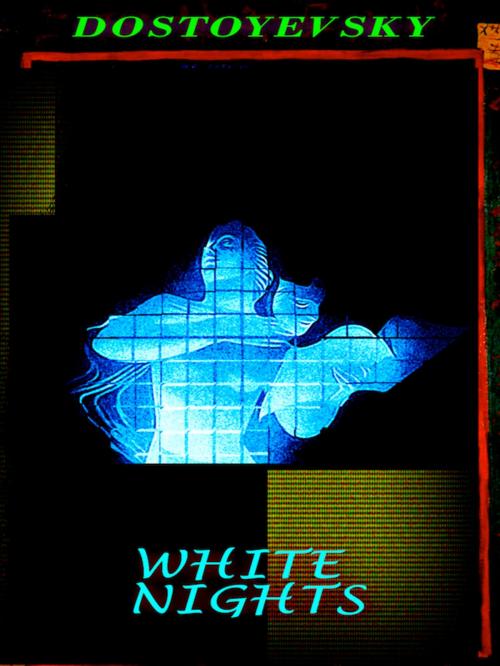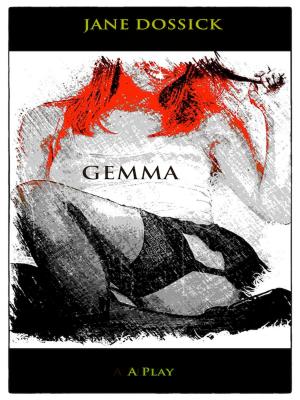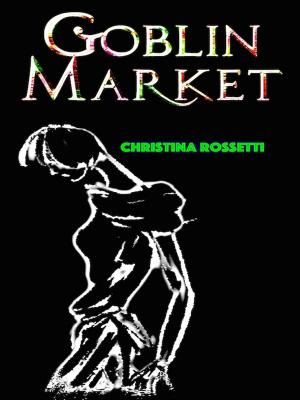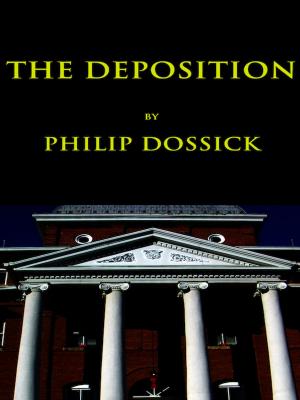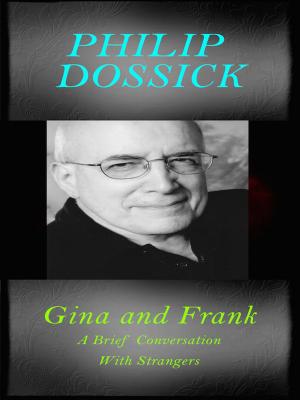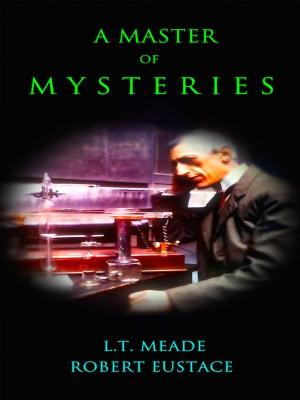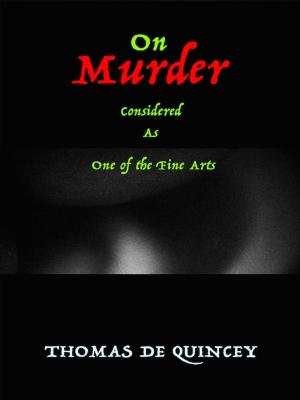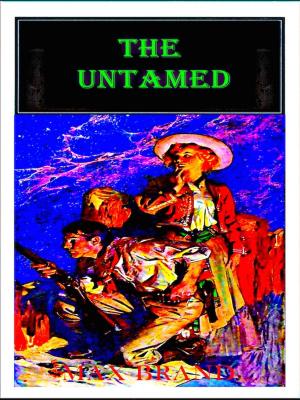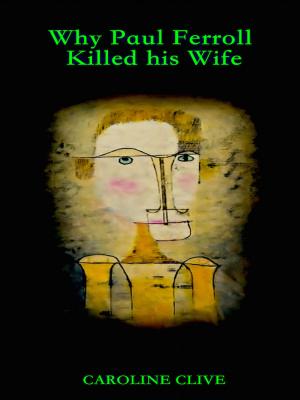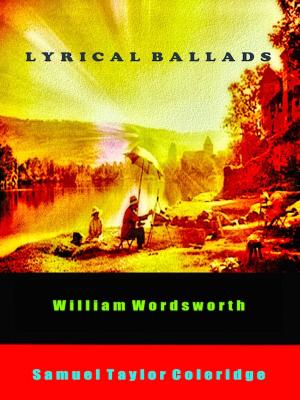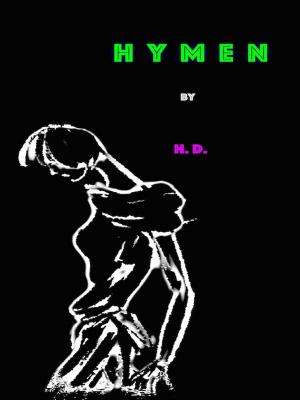| Author: | Fyodor Dostoyevsky | ISBN: | 1230000493543 |
| Publisher: | Editions Artisan Devereaux LLC | Publication: | June 16, 2015 |
| Imprint: | Language: | English |
| Author: | Fyodor Dostoyevsky |
| ISBN: | 1230000493543 |
| Publisher: | Editions Artisan Devereaux LLC |
| Publication: | June 16, 2015 |
| Imprint: | |
| Language: | English |
In one of the most significant of Dostoyevsky’s existential classics, White Nights, his unnamed protagonist is a sensitive resident of a very Westernized St. Petersburg of the mid-nineteenth century. He describes himself as a "dreamer" and a loner.
Indeed he is a young recluse who has retired into a weird, introspective fantasy life after failing in normal relationships: he imagines passersby as his friends; thinks of buildings greeting him in his daily walks; builds fantasy love castles in the air.
One night, while walking alone along the quiet streets of St Petersburg, he sees a beautiful woman, Anastasia.
She is crying.
Wanting to help her, and drawn by her beauty, he approaches her.
Anastasia is alarmed and walks away.
A stranger follows and threatens her.
Our protagonist comes to her rescue and Anastasia is grateful. He falls in love with her immediately, with all the pent up passion in his lonely heart.
Eventually she agrees to marry him—until an unexpected twist in the story returns her to a former suitor.
Although Dostoevsky never again sought to capture the lyrical mood he depicts in White Nights, the tension between creative expression and decadent illusion is a theme that would feature prominently in all his later works.
Many notable film adaptations have been made of White Nights, including those of Luchino Visconti, Ivan Pyryev, Robert Bresson, and James Gray.
FYODOR DOSTOYEVSKY (1821-1881), one of the greatest of Russian authors, transformed the art of fiction. Author of numerous novels and short stories, including Crime and Punishment, The Idiot, and The Brothers Karamazov, he is considered to be a literary colossus, and a central figure in the development of the modern novel.
In one of the most significant of Dostoyevsky’s existential classics, White Nights, his unnamed protagonist is a sensitive resident of a very Westernized St. Petersburg of the mid-nineteenth century. He describes himself as a "dreamer" and a loner.
Indeed he is a young recluse who has retired into a weird, introspective fantasy life after failing in normal relationships: he imagines passersby as his friends; thinks of buildings greeting him in his daily walks; builds fantasy love castles in the air.
One night, while walking alone along the quiet streets of St Petersburg, he sees a beautiful woman, Anastasia.
She is crying.
Wanting to help her, and drawn by her beauty, he approaches her.
Anastasia is alarmed and walks away.
A stranger follows and threatens her.
Our protagonist comes to her rescue and Anastasia is grateful. He falls in love with her immediately, with all the pent up passion in his lonely heart.
Eventually she agrees to marry him—until an unexpected twist in the story returns her to a former suitor.
Although Dostoevsky never again sought to capture the lyrical mood he depicts in White Nights, the tension between creative expression and decadent illusion is a theme that would feature prominently in all his later works.
Many notable film adaptations have been made of White Nights, including those of Luchino Visconti, Ivan Pyryev, Robert Bresson, and James Gray.
FYODOR DOSTOYEVSKY (1821-1881), one of the greatest of Russian authors, transformed the art of fiction. Author of numerous novels and short stories, including Crime and Punishment, The Idiot, and The Brothers Karamazov, he is considered to be a literary colossus, and a central figure in the development of the modern novel.
